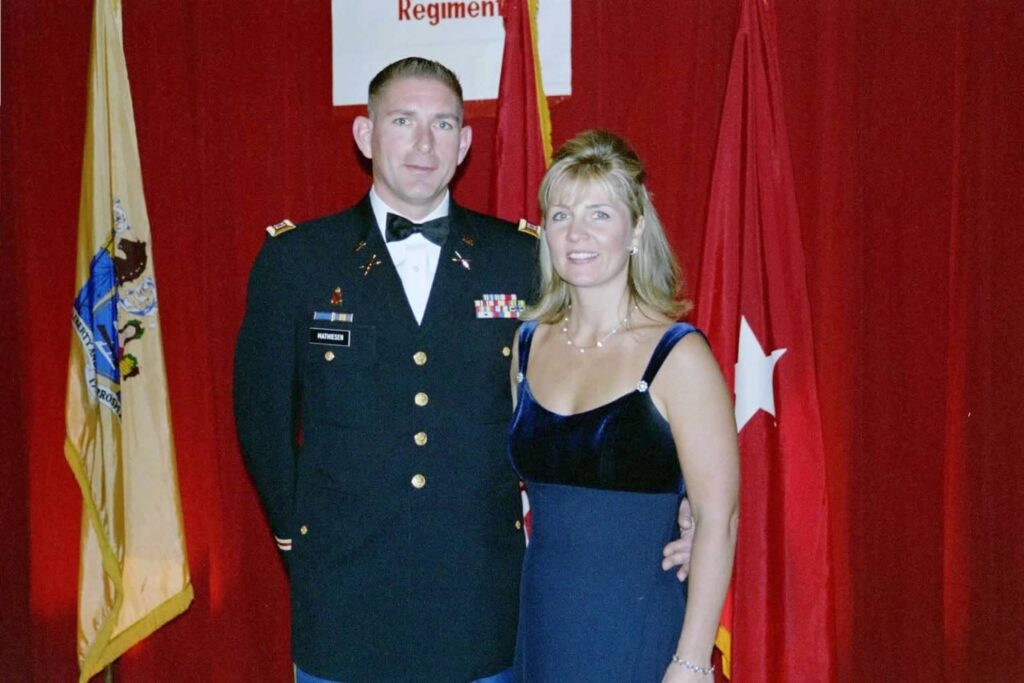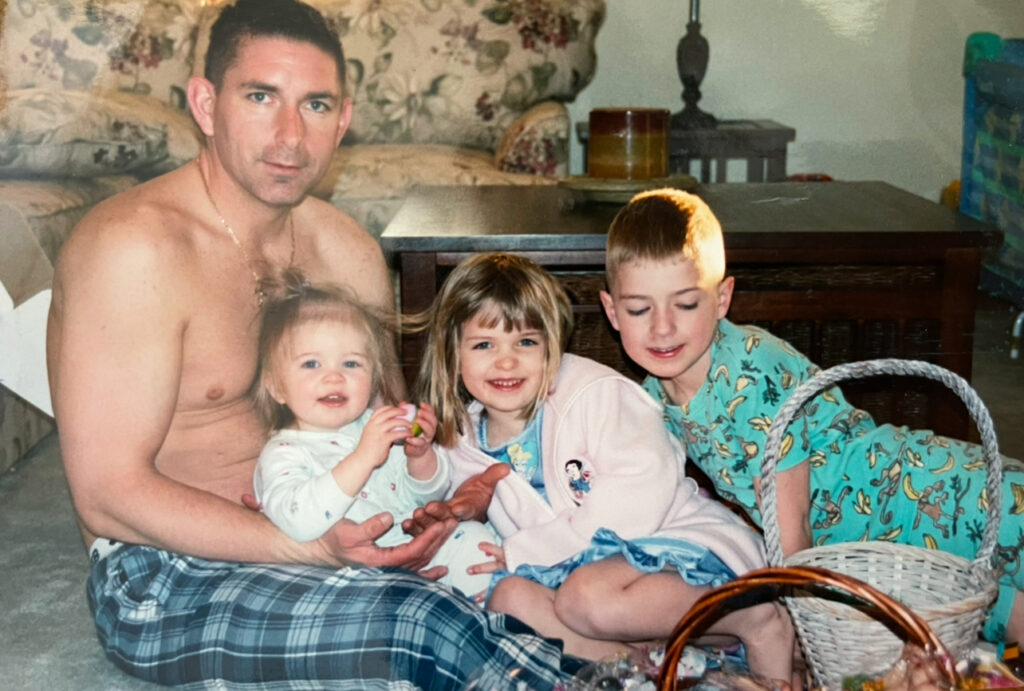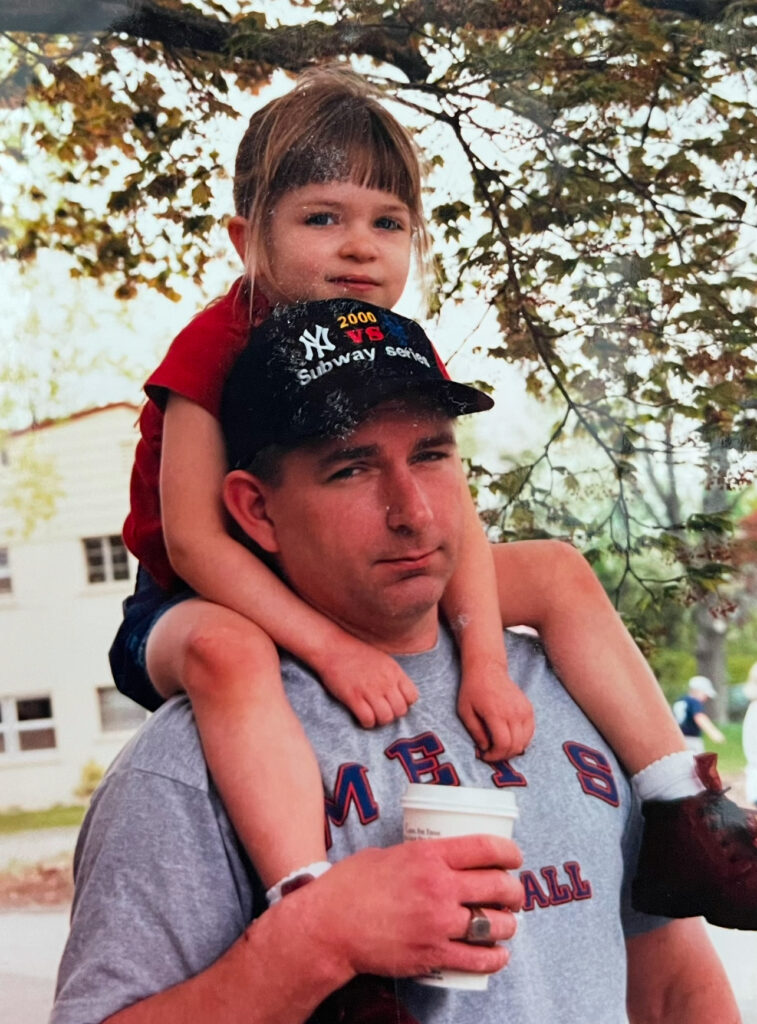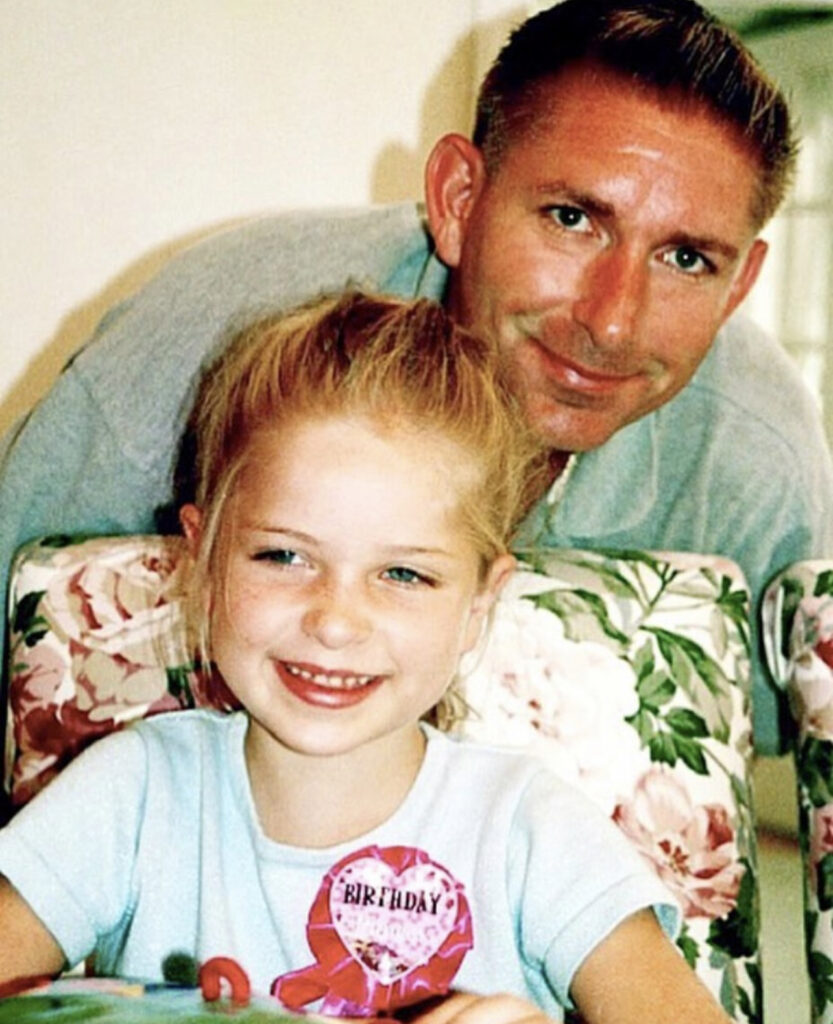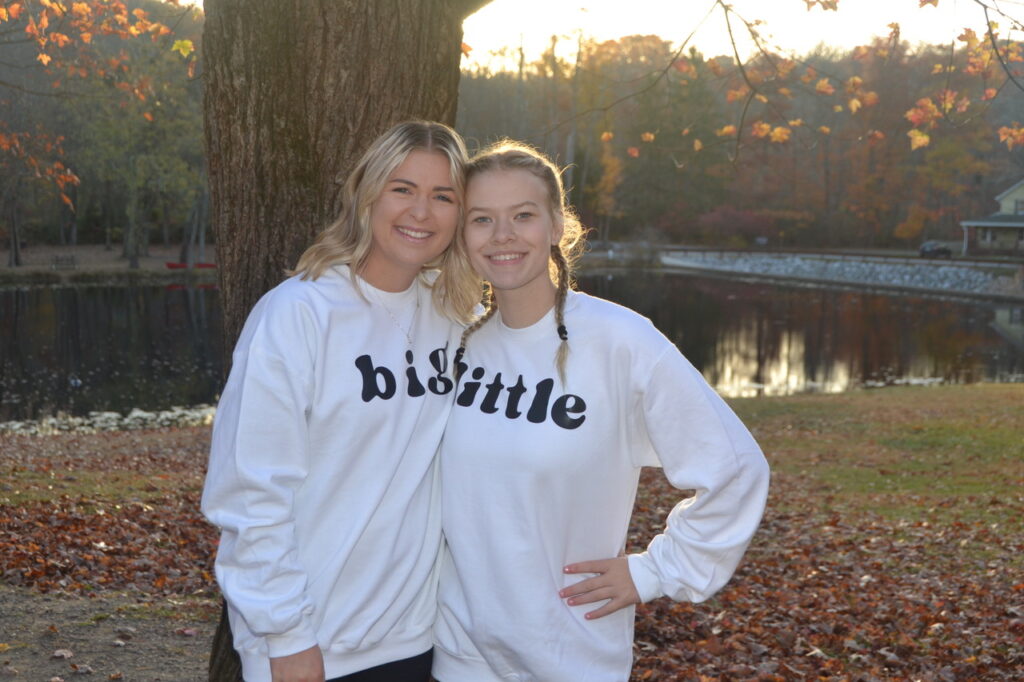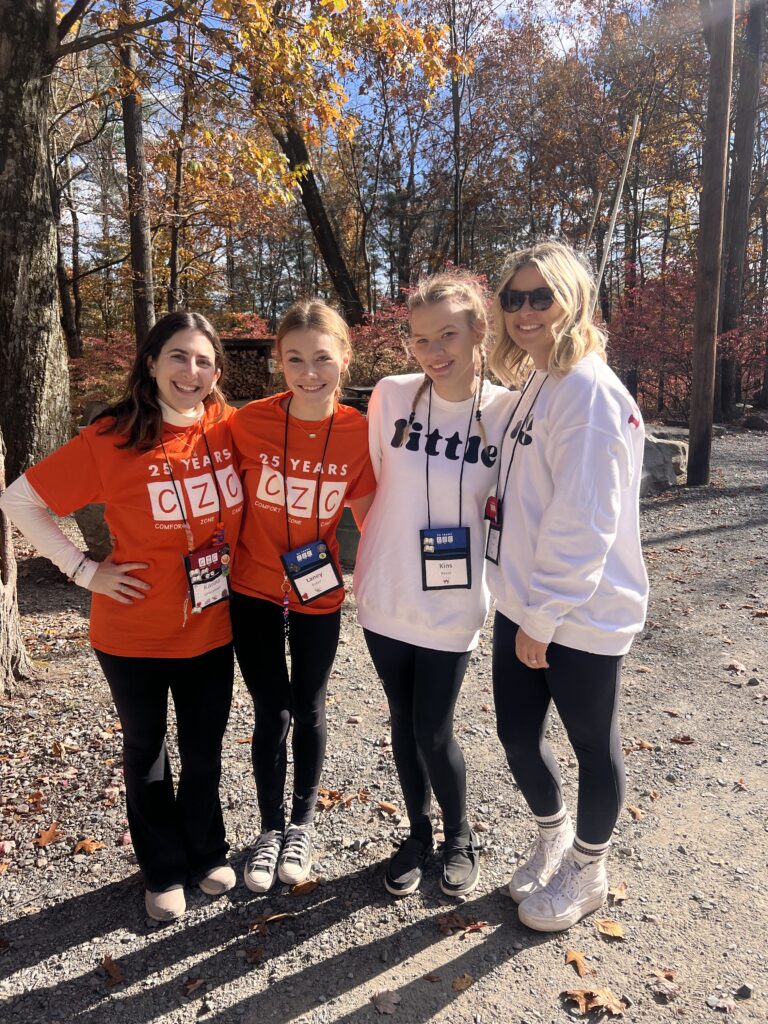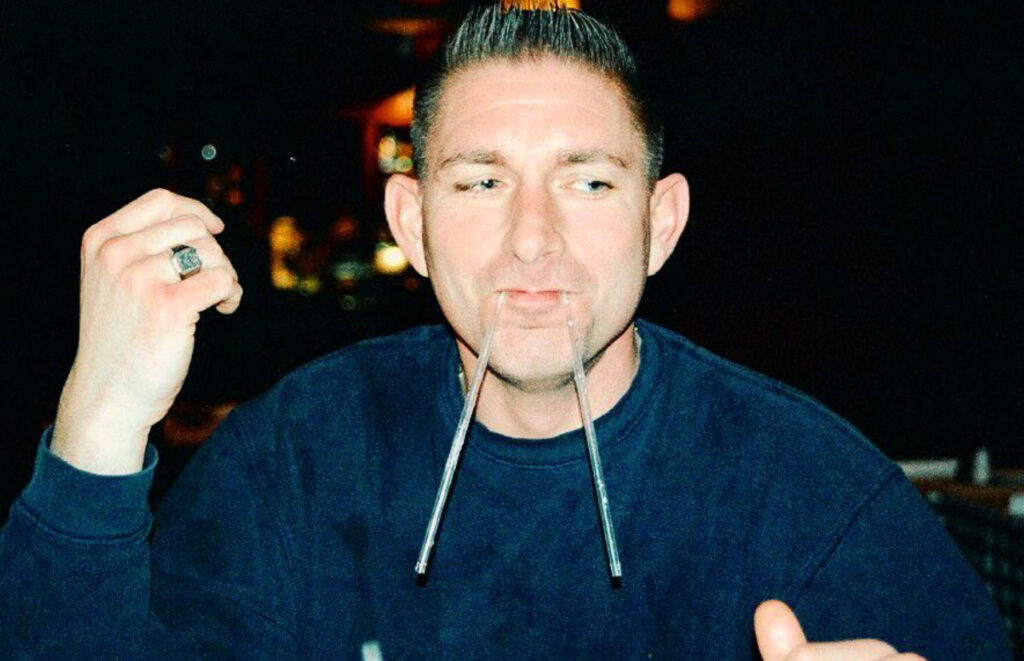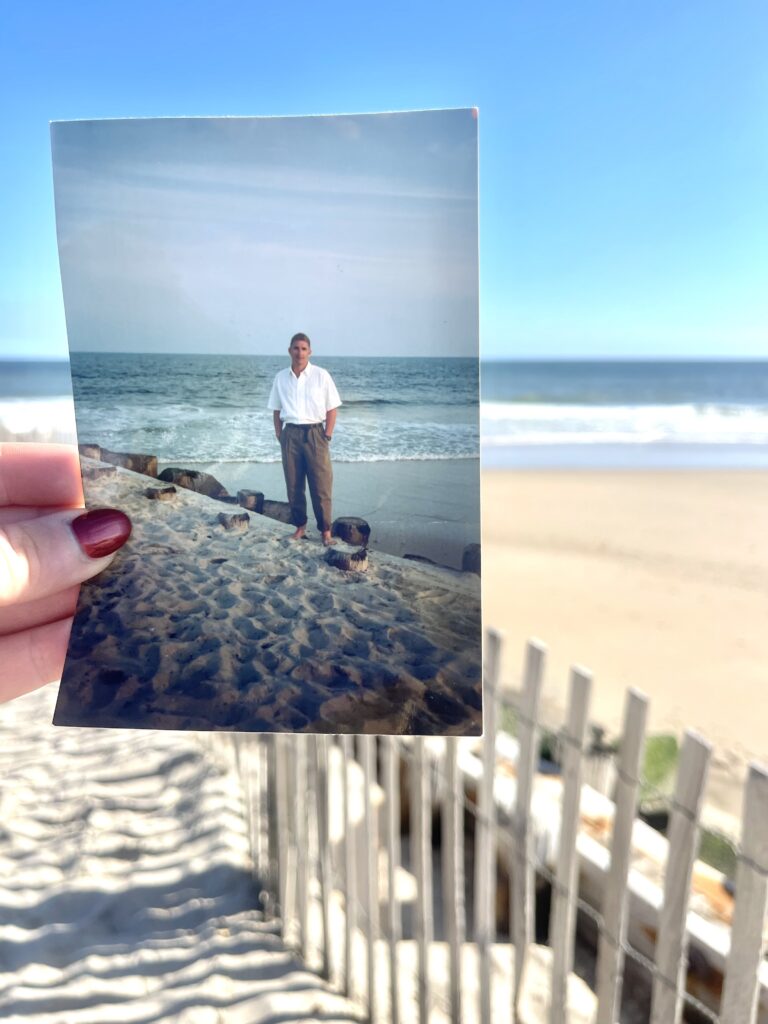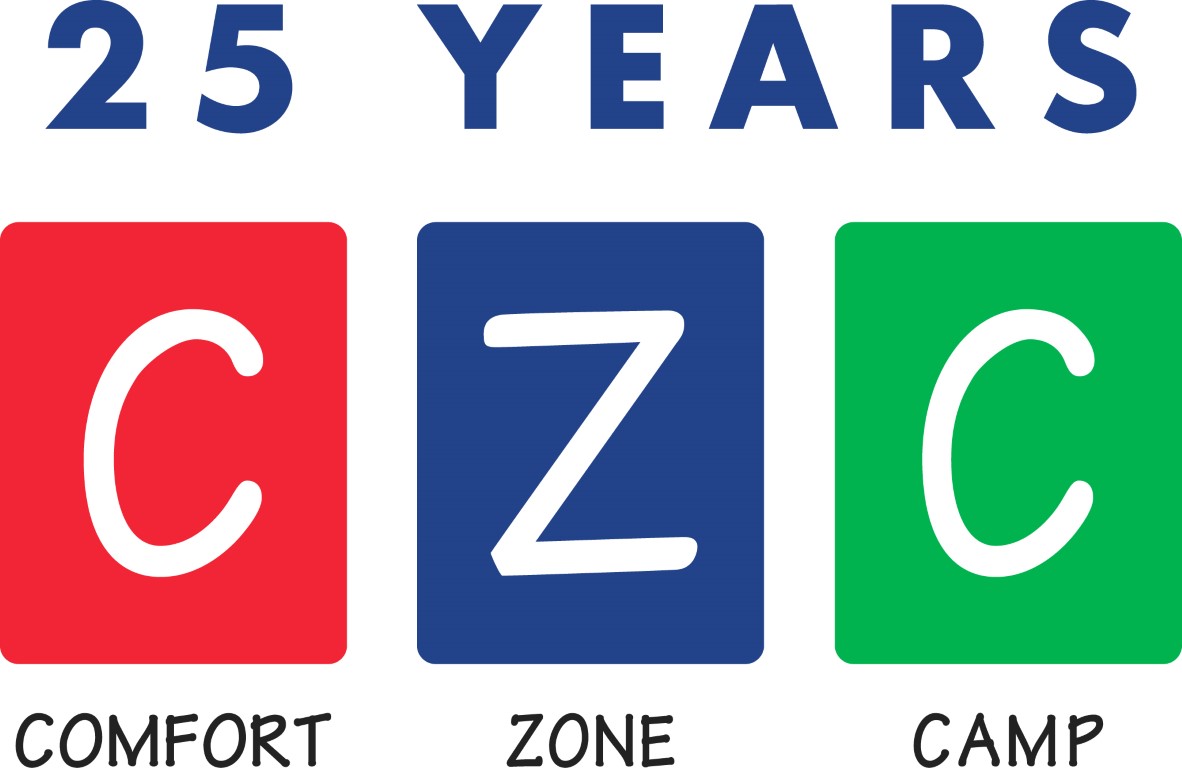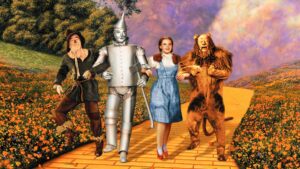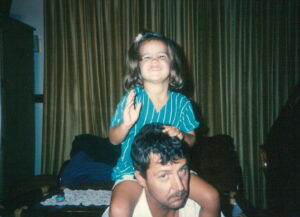Every Grief Journey Has Its Own Path: A Story of Losing My Father To Suicide

Content Warning: This personal essay discusses the loss of a parent to suicide and themes of grief.
On October 10, 2004, during a routine sleepover at our grandparents’ house, my mom told us the devastating news that Dad had died. I was only 7 years old. Losing a parent so suddenly didn’t seem real. I was sad and crying non stop. I just genuinely could not believe what was happening. I couldn’t comprehend why my dad wasn’t with us anymore.
We were a close-knit family of five: my older brother Erik, myself, younger sister Karlie, and our parents, Jennifer and Richard. Our childhood was filled with sports, travel, and love. Dad was a Battalion Commander in the Army National Guard and Mom ran her own company. We were all active in various activities.
Though Dad always appeared happy in the home videos he loved to make, he struggled with depression.
One of the vivid memories I have, right after my mom told my siblings and me what happened, was of us all crying in a circle. My sister was so young that she kept telling us stuff like, “don’t cry,” and “it’s okay guys.” I also remember going back to school, where my class immediately handed me a giant poster board that they turned into a card. Everyone in the class had signed it. I was only in 2nd grade, so I bet a lot of my friends didn’t understand what was going on. Receiving that card made me feel seen, and like people cared.
The months that followed were difficult.
After some counseling, my brother and I attended Comfort Zone Camp, a grief camp for children who had lost loved ones. The camp became my sanctuary, where I could openly share my feelings with others who understood my pain. My first big buddy, Emily, made such an impact that I kept returning twice a year. When I was in seventh grade, just before a camp weekend, my mom took Erik and I for a walk in the park, and finally told us the truth about Dad’s death:
My father had not fallen, but had died by suicide.
My first reaction was a quick, “Hmm, okay.” It made sense that it wasn’t a fall. While I couldn’t immediately take in that it was because he was depressed, the fact that it wasn’t just a “fall” made sense. It was a sort of closure I didn’t know I needed. I was getting older and I probably would’ve started to question the story of “he fell”.
I don’t remember any specific questions I had at the time, but I had questions in the years that followed. Throughout college, I still had questions. In my junior year, I asked my mom out of the blue if Dad ever left a note. She told me he had left a voicemail for her. I got some specifics about what he said, and I appreciated that my mom shared that with me. I was in the middle of class when I texted her from my laptop. My mom has ALWAYS answered any question I had. I can’t thank her enough for that. I deeply appreciate how my mom handled the whole situation – waiting until we were old enough to understand, and timing it so we could process it at Comfort Zone Camp.
That weekend was transformative for me and my grief journey.
It was the first time I said out loud that my dad had died by suicide. The camp weekend I attended after learning the truth about my dad’s death was significant to me because I finally had a full story to tell at camp. I remember I was holding a stuffed animal tiger and I volunteered to share first. I was going more in depth than I had in the past, and I cried A LOT. In a way, I was grateful that I was able to have a longer story than in the past.
Learning my dad died by suicide felt like another stage or step in my grief journey. Everyone’s grief journey is different, and mine just so happened to evolve more than other people’s journeys. My grief changed the older I got. I saw mental health in a different way. I had a more personal connection to it, and was able to relate to it more than others. I probably never would have ran the Boston Marathon in April for The American Foundation for Suicide Prevention if I didn’t personally experience the effects of suicide.
Comfort Zone Camp has been instrumental in my healing journey.
Over the years, I’ve transitioned from camper to Junior Counselor to big buddy, helping other children through their grief. Recently, I was paired with an amazing 15-year-old named Kinsley, who reminds me of myself and shows me how camp continues to change lives.
Kinsley is brave, smart, strong, funny, athletic, and goofy. She also experienced the sudden death of her dad. We both have two siblings we’re very close with. She acts as the rock, as I believe I do too. She’s always there for them. They are her best friends, and it’s beautiful to see a family so close after experiencing something so intense. It reminds me of my family. I am 12 years older than my little buddy and I literally look up to her. I want to be Kinsley Baker when I grow up.
When I see one of my little buddies heal from camp, it ultimately makes me feel grateful to share what I experienced. It worked for me when I was a camper, and seeing that it works for my little buddies is incredible.
It’s important for me to help other grieving children because I want every child out there who has experienced the death of a loved one to know that they are not alone. There is an entire community of kids, just like them, who have gone through exactly what they are. It’s also what keeps me coming back to camp. I want kids to experience the magic of camp because that’s exactly what CZC is: Magical.
I love you Comfort Zone Camp.
To my dad: I see you in the mirror when I look at my “Everything Happens For A Reason” tattoo, during my runs, at the beach you loved, and in the Northern Lights that appeared on the 20th anniversary of your death. Most importantly, I see you at every camp where I continue to help others heal, just as I once did.

